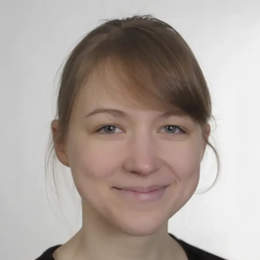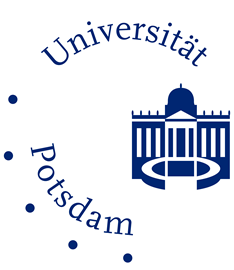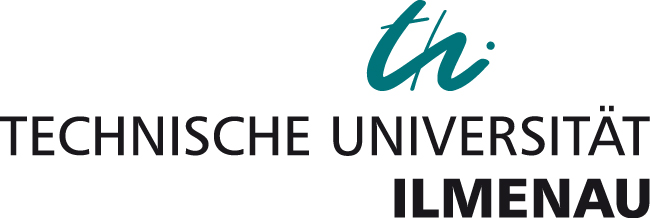Welcome to the collaborative Research Center TRR 181 ”Energy transfers in Atmosphere and Ocean“
The seamless integration of large data sets into sophisticated computational models provides one of the central research challenges for the mathematical sciences in the 21st century. When the computational model is based on evolutionary equations and the data set is time-ordered, the process of combining models and data is called data assimilation. The assimilation of data into computational models serves a wide spectrum of purposes ranging from model calibration and model comparison all the way to the validation of novel model design principles.
The field of data assimilation has been largely driven by practitioners from meteorology, hydrology and oil reservoir exploration; but a theoretical foundation of the field is largely missing. Furthermore, many new applications are emerging from, for example, biology, medicine, and the neurosciences, which require novel data assimilation techniques. The goal of the proposed CRC is therefore twofold: First, to develop principled methodologies for data assimilation and, second, to demonstrate computational effectiveness and robustness through their implementation for established and novel data assimilation application areas.
While most current data assimilation algorithms are derived and analyzed from a Bayesian perspective, the CRC will view data assimilation from a general statistical inference perspective. Major challenges arise from the high-dimensionality of the inference problems, nonlinearity of the models and/or non-Gaussian statistics. Targeted application areas include the geoscience as well as emerging fields for data assimilation such as biophysics and cognitive neuroscience.
Speaker
Prof. Dr. Melina Freitag, University of Potsdam, Institute of Mathematics
Managing Director
Stella Krüger, University of Potsdam, Institute of Mathematics
Andreas Pregla (Deputy), University of Potsdam, Institute of Mathematics
News
CRC 1294 Alumna Theresa Lange Awarded Emmy Noether Group

We are delighted to share that Theresa Lange (Scuola Normale Superiore, Pisa), alumna of our CRC, has successfully secured funding through the Emmy… more ›
Save the Date! Honorary Colloquium for Prof. Dr. Manfred Opper

After being a principal investigator of SFB 1294 over two funding periods, we would like to honour his outstanding scientific career and long-standing… more ›
We are hiring!

We are pleased to invite applications from motivated and talented researchers to join the team of our Collaborative Research Centre. In the upcoming… more ›
Upcoming Events
Research Colloquium with Botond Szabó (Bocconi University) and Jonas Latz (University of Manchester)
Botond Szabó & Jonas Latz, Bocconi University & Manchester University 10:00-11:45
Title talk Botond Szabó: Deep Vecchia Gaussian Processes
Abstract: Deep Gaussian processes have several advantages compared to standard Gaussian…
more ›Joint Interdisciplinary Colloquium with Institute for Mathematics with Silvia Gazzola (Università di Pisa)
Silvia Gazzola, Università di Pisa Bld. 914:00–15:30
Title: TBA
Abstract: TBA
more ›Kick-off Workshop 3rd Funding Period
We are pleased to invite you to the third Kick-off Workshop of the CRC 1294. During the workshop, members of our CRC will present their current…
more ›Latest Publications
Calvello, E., Reich, S. and Stuart A.M. (2025): Ensemble Kalman methods: A mean field approach. Acta Numerica 34, 123-291 doi:10.1017/S0962492924000060
Ertel, S. W. (2025). On the mean field theory of Ensemble Kalman filters for SPDEs. SIAM/ASA Journal on Uncertainty Quantification, 13(3), 891-930. doi:10.1137/24M1658954
Mach, T., & Freitag, M. A. (2025). Solving the parametric eigenvalue problem by Taylor series and Chebyshev expansion. SIAM Journal on Matrix Analysis and Applications. https://doi.org/10.1137/23M1551961









